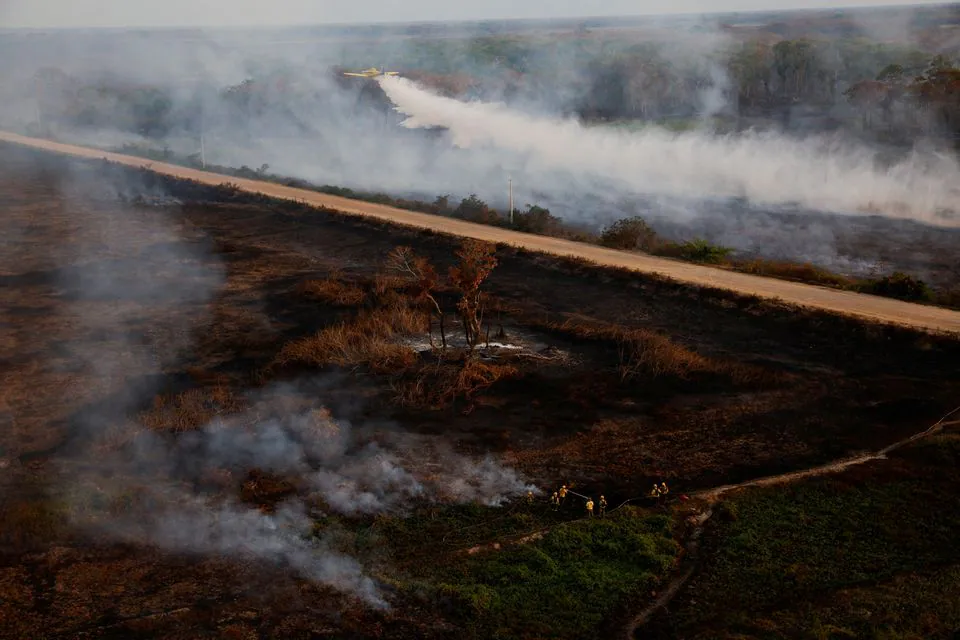
The world’s top multilateral development banks are set to launch a global “taskforce” at the COP28 climate summit in the coming days to scale up the number and size of ‘debt-for-nature’ swaps that countries can do.
Debt-for-nature swaps, where a developing country’s debt is cut in return for protecting vital ecosystems, are attracting growing interest following a number of successful recent examples in places such as Belize and the Galapagos Islands.
Countries seen as prime candidates include Sri Lanka and Zambia, which are both in the process of debt restructurings, as well as Kenya, Tanzania, Colombia and a number of other Amazon countries.
If the MDBs can work together to provide the right guarantees, officials are optimistic some of these deals could be as big as $10 billion, 10 times larger than this year’s record $1 billion deal by Ecuador for its Galapagos Islands.
The taskforce creation is the most significant step so far in showing that the global club of multilateral lenders, which between them have trillions of dollars’ worth of firepower, will significantly ramp up their support for these deals.
“Our motivation for being part of this (taskforce) is to bring debt-for-nature swaps and related instruments to the forefront,” Hassatou Diop N’Sele, Vice-President for Finance and Chief Financial Officer at the African Development Bank said after it had earlier broke the news of the plan.
“We see them as powerful tools,” she added, citing their ability to help tackle climate change and provide debt relief in tandem.
Four separate sources involved the plans, which are due to be formally announced at the COP summit’s ‘finance day’ on Monday, say the new group will be called the “Task Force on Sustainability-linked Sovereign Financing for Nature and Climate”.
It will initially be chaired by the Inter-American Development Bank (IDB) and the US International Development Finance Corporation (DFC), three of the sources added. Both lenders have been involved in all the recent swaps that have also included Barbados and most recently Gabon.
Institutions have until Friday to confirm they will join, but those expected to do so also include the World Bank, European Investment Bank (EIB), Asian Development Bank (ADB), the Beijing-headquartered Asian Infrastructure Development Bank and a number of others, the sources added.
None of those additional banks would confirm their membership when asked, but all have made pledges in recent weeks and months to ramp up their environmental efforts. MDBs play a particularly important role in debt-for-nature swaps because they provide the credit guarantees and/or political risk insurance that make them viable.
At their simplest, the swaps work by buying up a country’s bonds, often at a discount, and then replacing them with cheaper eco-labelled ones that come with the special MDB guarantees.
Those enhancements make them less of a default risk in the eyes of investors and therefore drive down their cost. Some of the savings – although not necessarily all, critics note – are then funnelled towards conservation of barrier reefs, rainforests or other precious habitats vital in the fight against climate change and biodiversity loss.
The new taskforce is expected to start work early next year and will initially focus on a “stock take” of the deals done so far as well as the “toolkit” countries and multilaterals need when they undertake a swap.
The Nature Conservancy, a US-based NGO that has been involved in many of the recent deals and will also be part of the new taskforce, estimates a third of the $2.2 trillion worth of emerging market sovereign debt globally, or as much as $800 billion, is potentially “ripe” for swapping.
- A Reuters report











